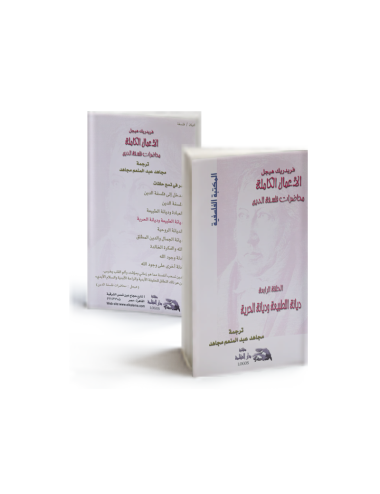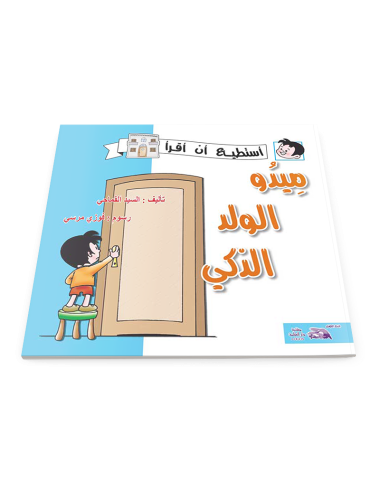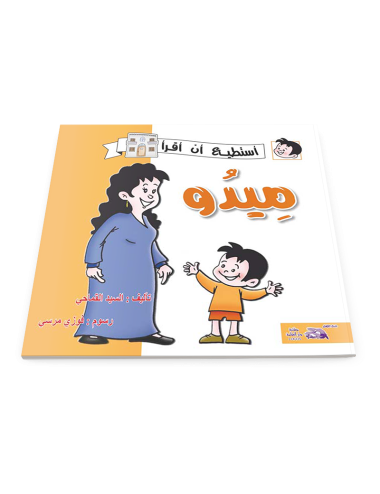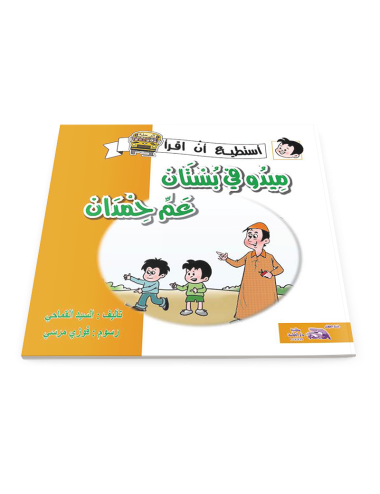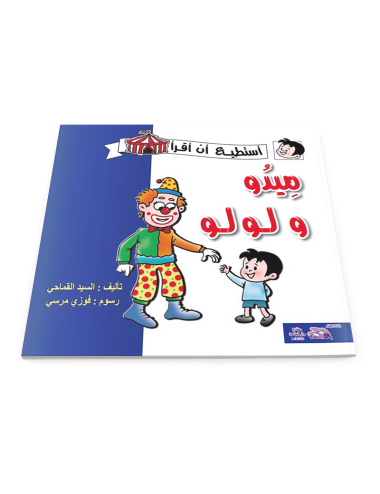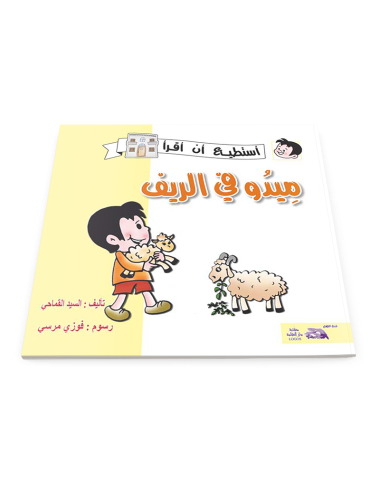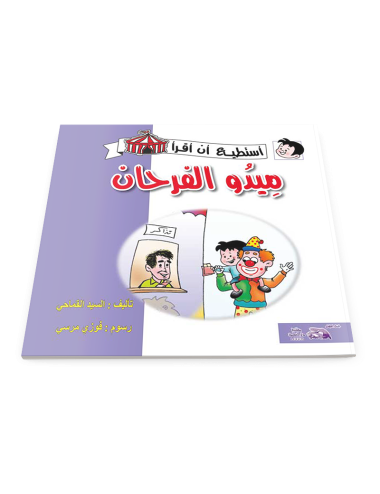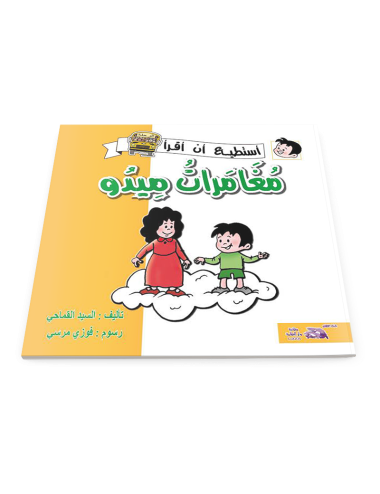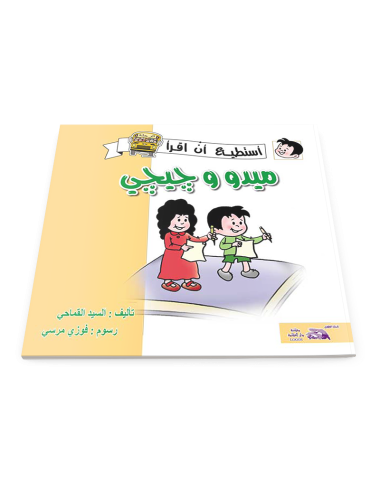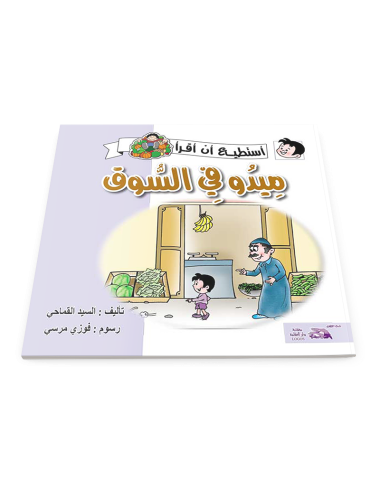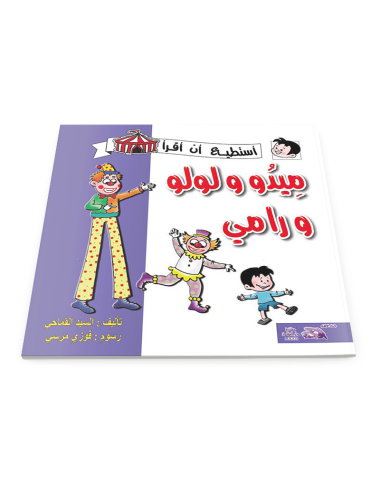History of Aesthetics
Man creates masterpieces of literature and art, but he does not want to be satisfied with this, but rather he wants to understand what is behind his creativity.
0 kg - 200 kg
Man creates masterpieces of literature and art, but he does not want to be satisfied with this, but rather he wants to understand what is behind his creativity.
The higher is also the deepest, and in it the separate moments are grouped together in the subsequent pigmentation of the subjective unity, the need for the interconnectedness that characterizes directness is eliminated, and the separate moments are returned to the subjective unity.
Mido never feels bored. He always thinks about something he can do. He likes playing and working, he likes inventing something new. Does he do this alone?
Antigone begins with The two sons of Oedipus, Eteocles and Polyneices, who are fighting for the kingship of Thebes. Both men die in the battle. Their successor, Creon, decides that King Eteocles will be buried, but Polyneices, because he was leading a foreign army, will be left on the field of battle. Antigone, his sister, buries him anyway.
Antigone is caught burying Polyneices and is condemned to death. Her fiance and Creon's son, Haemon, learns about this and tries to convince Creon to change his mind. It's only then that the seer Tiresias appears. After a long discussion, he finally persuades Creon that the gods want Polyneices buried. By then it's too late Antigone has hung herself, Haemon kills himself when he finds her, and Creon's wife kills herself when she learns about her son.
Where does joy fit into those moments?
In Choose Joy, acclaimed author and Christian leader Kay Warren shares the path to experiencing soul-satisfying joy no matter what you're going through. Joy is deeper than happiness, lasts longer than excitement, and is more satisfying than pleasure and thrills. Joy is richer. Fuller. And it's far more accessible than you've thought.
The main character in the story is Mido.The story introduces his family and shows where he is living.
For Hegel, thought is not philosophical if it is not also religious. Both religion and philosophy have a common object and share the same content, for both are concerned with the inherent unity of all things. Hegel's doctrine of God provides the means for understanding this fundamental relationship. Although Hegel stated that God is absolute Spirit and Christianity is the absolute religion, the compatibility of Hegel's doctrine of God with Christian theology has been a matter of continuing and closely argued debate. Williamson's book provides a significant contribution to this ongoing discussion through a systematic study of Hegel's concept of God.
Mido and his friend Husam are playing in the garden of Uncle Hamdan. It is fun to have such a space to run and jump and climb. Is it really fun? Mido and Hamdan find a little bird under a tree....what happened?
The daily events of the Circus are interesting for Mido. They keep him busy and he wants to know everything about what is happening.
The normal, eternal, absolute idea - in its eternal existence - in and of itself - is God in his eternity or eternity before the creation of the world, and outside the world.
Traveling to the countryside is an adventure for Mido. The difference between the town and countryside is so huge. Mido discovers many new things.
One day Mido goes to the Circe with his cousin Kuku. Kuku is amazed and happy. It is a special day! What is happening? Is Mido really happy? Or............
Mido and Jiji are having fun together. They also want to be sociable and look for people, who need help. What are they doing?
A special adventure happens when Mido and Jiji visit the pyramids. Tourists are running around and what is going on?
The adventures of Mido go on. In this story he is with his mother n de market. Suddenly something passes by him. He looks up.... what is this?
The Circe has its big impact on Mido. He is very impressed about the skills of Rami and Lulu. Would you like to know what he learned?
Mido reads his weekly magazine. He likes it very much. Always there are funny stories in this magazine. As soon as the magazine comes, he opens it and looks for his favorite story.
Two teams are playing a game. The team of Mido, wearing the blue shirt and the team of the son of Lulu, wearing red shirts. Lots of children have come to the club to watch the game and encourage the teams. The teams put body parts on the statues. Which team is the fastest? Which team will win?
The main characteristic here is subjectivity as a self-determining force - and this subjectivity and rational power that we have met before in the form of the one who has not yet been defined within himself and whose goal - as it appears in the realm of reality - is in this the most specific thing possible.
Mishu and Mido like being in the field with father. It is fun to be outside in the fresh air. It is very interesting to see what father is growing. Many vegetables are in his field. Mishu and Mido want to help father. They also would like to have their own field. But how?

